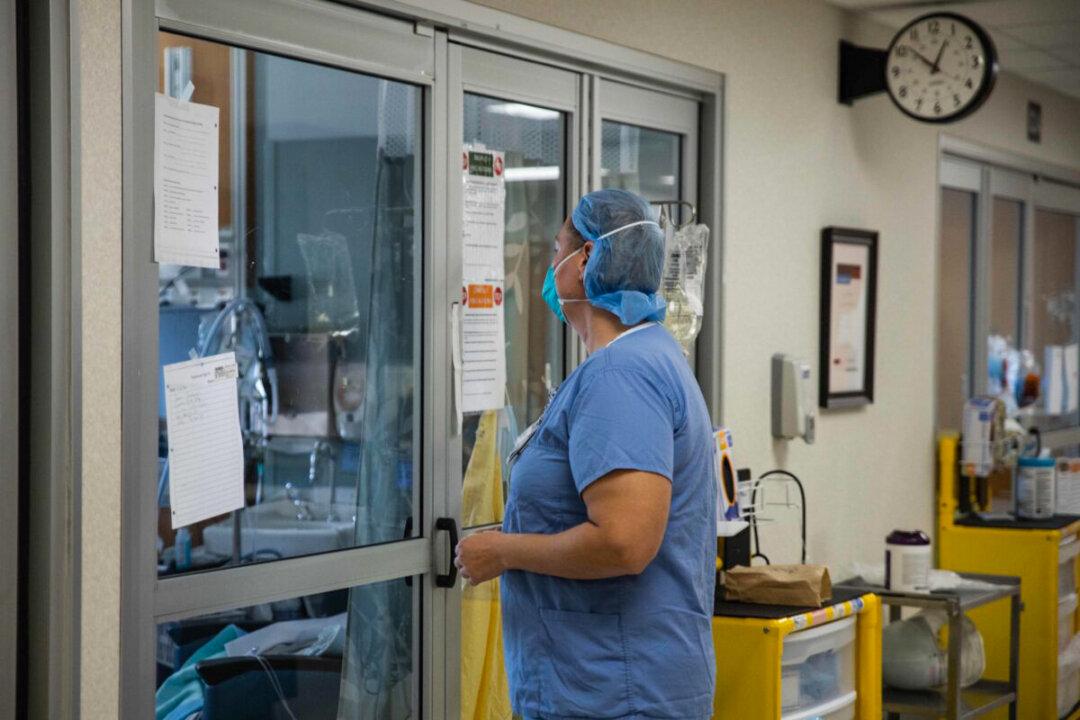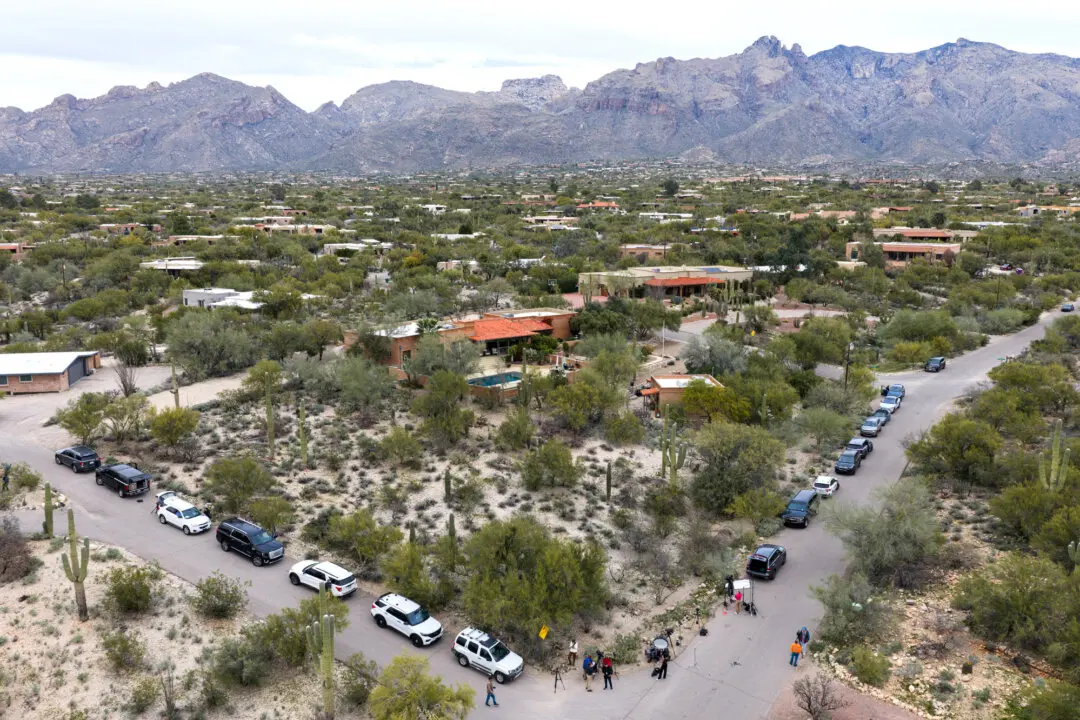The White House will not declare a public health emergency over a reported increase of childhood respiratory viruses this season, coming after two pediatric health groups requested one earlier this month.
A spokesperson for the Department of Health and Human Services (HHS) told news outlets this week that no emergency will be declared amid a reported surge in seasonal influenza and respiratory syncytial virus (RSV).





